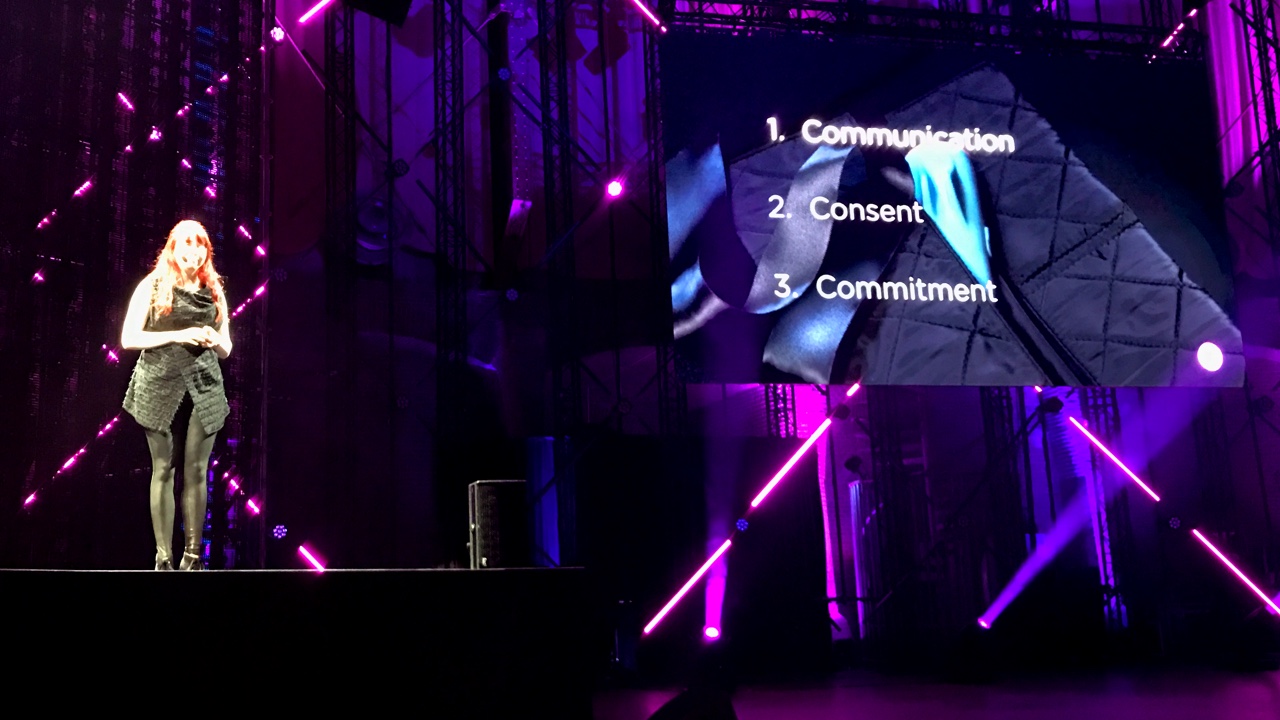Any cookie-related notification could be considered being a hurdle to prevents users from doing their business. On the other hand I feel it's very important to inform the user about whats happening with their data. All these regulations about data-sharing are installed with the best intentions, but they are really affecting the user experience in a bad way. Every encouter with a digital service now starts with a question to the user about their privacy and I feel this has an opposite effect on data-safety. What makes this worse is the untamed "necessity" of companies to gather every little piece of data of their users as that they can. Personalisation of a service or interface is very valuable, but when the tracking is mainly focussed on increasing "future-possible" sales, the experience is damaged.

It appears that the notifications you are confronted with, are seldom are designed around users, but more around regulations. The primary drivers of companies is to avoid getting fined, instead of optimising the interface to meet the user's needs. The goal here would be not to just inform the user (and wave of any responsibility), but to give the user the opportunity to trust your service and have a dialog on the conditions for their to be used.
- The way to go is “Informed Consent” and this is defined as followed:
- There is a clear understanding on what is asked of the user and it is 100% clear where and why the data is used. a conscious choice needs to be made to allow the usage of your private data.
- The conditions and terms for using the user's personal data are negotiable
- It should be clear who owns the data, who has access to is and there should be an option to delete on anonymise your data.
I've seen some efforts in making the Cookie Notification explain more about their data driven setup, but the truth is that the user does not understands what a "Hotjar" tool is and he also doesn't care. He just wants to read an article or book a flight. He didn't go to this website to be asked about stuff he doesn't care about. He'll probably just click Yes to make the dialog go away without even reading what is being communicated. A slightly better solution would be to relate the required data directly to the added benefit. You would then create an understanding that highlights that "in order to play this video, you would need to provide some personal data". This is still not a dialog, but at least there is an choice and a reasoning you can agree with...
The points made by Stephanie Alys in her talk at The Next Web Conference were very much relevant for this topic as well. She talked about how sex toys had an Internet of Things revolution and that these devices also became more intelligent and remote controlled. Her approach on "Informed Consent" was very interesting, especially considering the even more private data that is being communicated through the Internet.
This solution would work if you only have one of these choices to make a day, but because our lives are so full of digital touchpoints and trackers that follow every digital (and physical) move, you can simply not make the user care enough. Maybe it starts with creating awareness so people realise to what extent their data is scatter all over the internet. I remember that I was pretty shocked when I first installed the "Little Snitch"-app on my computer and learned about all the different connections that were going on in the background without me knowing it. I felt a little bit more relieved to know that there was a way to block all of the data when I wanted to.
In my opinion an overarching shield, that gives me the power to manage my data, would make me feel more secure and I would have to be bothered with all of these different cooky notifications that I don't understand anyway. Maybe this should be an new feature of the browser you are using, or an app that filters and maps all of you private data.